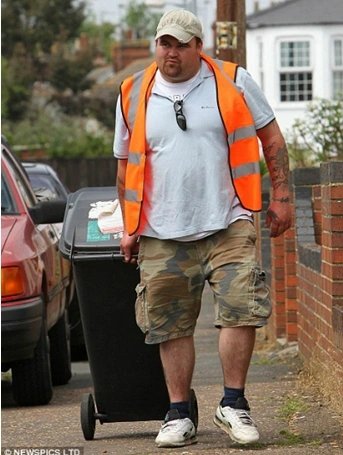
Through one outbreak after another, medical staff at Covenant HealthCare hospital in Saginaw, Michigan, have reluctantly helped ailing patients say goodbye to their loved ones via phone calls.
`When you come back to work the next day, your first question is who died,` said Bridget Klingenberg, an intensive care nurse at Covenant Hospital.
Corridor in the Covid-19 patient care area, Covenant hospital in Saginaw, Michigan.
The Omicron strain appeared at a time when the US health system was at the point of overload, especially in the Midwest and Northeast, where the rate of infections was highest in the country and doctors were still struggling to fight.
About 1,300 Americans die from Covid-19 every day.
New York state reported more than 21,000 cases on December 17, the most ever.
`Living in a constant state of crisis for more than 20 months is overwhelming,` said Dr. Matthew Deibel, medical director of emergency care at Covenant Hospital.
In the context of hospitalizations due to Covid-19 increasing 20% nationwide in the past two weeks, to 68,000 people, doctors are sounding the alarm and urging people to quickly get vaccinated.
Last week, the Omicron variant accounted for 2.9% of cases nationwide, up from 0.4% the previous week, according to estimates from the Centers for Disease Control and Prevention (CDC).
In Minnesota, some hospitals have reported that staff morale is low and `people’s access to health care is seriously threatened` by the pandemic.
The situation is especially worrying in Michigan, which has the highest Covid-19 hospitalization rate in the country.
Covenant Hospital is treating fewer Covid-19 patients than last winter, but limited staff and the return of patients who had delayed treatment for other illnesses during the pandemic have strained resources.

Nurses at Covenant Hospital prepare to move a patient.
In Saginaw, doctors and nurses say they are struggling to cope because the epidemic keeps coming.
Around Saginaw, a city of about 44,000 about 90 minutes north of Detroit, doctors and nurses say they sometimes feel their neighbors have let down their guard against the pandemic.
Many nurses and doctors at Covenant Hospital’s Covid-19 patient care department said that if people witnessed what the staff here go through every day, they would act differently.
`If you don’t work with us to see the true devastation of the virus and what it does to the human body, how can you evaluate it?`
Nearly a year ago, doctors and nurses at hospitals were the first to receive the Covid-19 vaccine.
But since then, the epidemic picture has rapidly deteriorated.

Weekly infection rate in nursing homes in the US.
To see how bad things are in Saginaw, one need only spend a day on the 7th floor of Covenant Hospital.
`This disease makes people depressed. Sometimes I can’t even see the light in my patients’ eyes,` said Dr. Amjad Nader at Covenant Hospital’s Cvodi-19 patient care department.
Many nurses here have become virus experts.
Nurse Klingenberg has volunteered to take care of Covid-19 patients since the outbreak first broke out, refusing the opportunity to accept other tasks.
`Mostly because of my colleagues,` she said.
But the pandemic did not let Klingenberg go.
Unlike most women in their 20s who get the disease, Klingenberg’s condition became serious and she had to be treated at the University of Michigan Hospital.
Her fear and experiences when infected with nCoV made her understand patients better.
`They sometimes feel stuffy, stuffy, stressed because these machines are attached to their bodies, cannot be removed, helping push air into their lungs,` Klingenberg said.
But there were times when Klingenberg found it unbearable.
`Sometimes I have flashbacks. I’m still recovering from that near-death experience. Then I go back to facing Covid every day. It’s my choice but it’s still a bit scary,` she shared.








